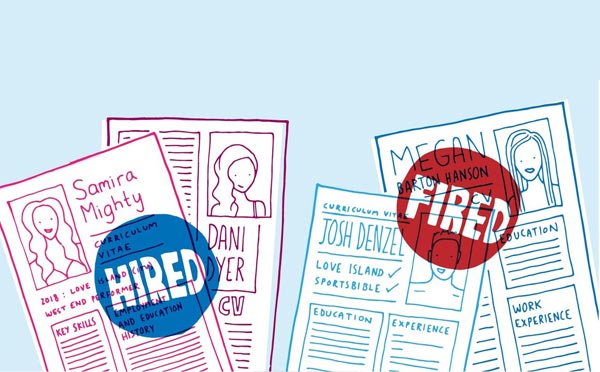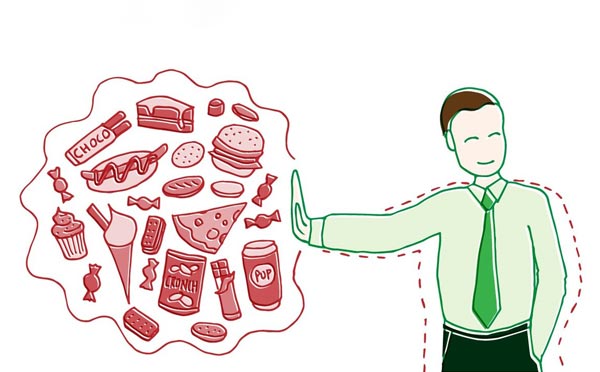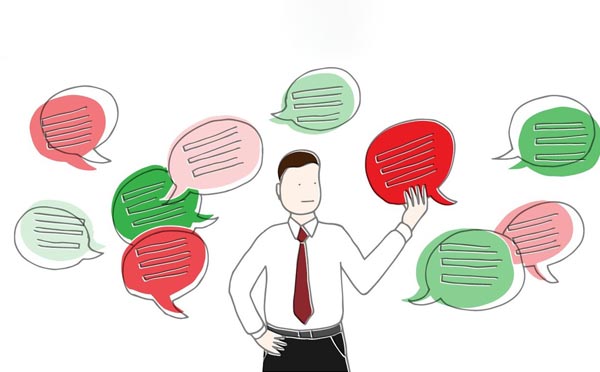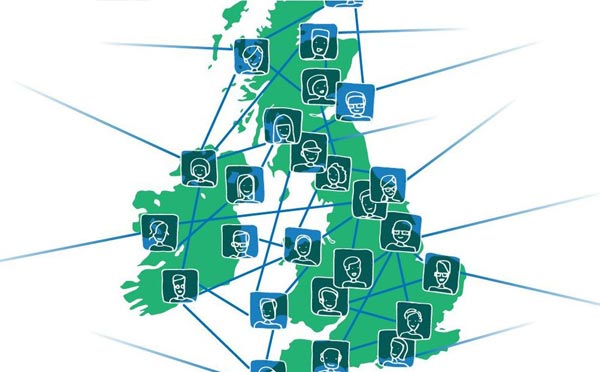We need to stop bashing our salespeople. They are the engine room of the economy.
“I work in sales”.
If I said this line in America, people would smile and look interested. There, salespeople are held in high esteem. There is an understanding that a great salesman is extraordinarily useful, both to the customer and to the company they work for.
Here in the UK, it’s a different story. It’s a uniquely British thing to hate salespeople. I don’t know where this irrational dislike comes from. Perhaps it’s tied into the British fear of talking about money. We find too much success and sky-high earnings somehow distasteful.
Today, I’d like to talk about why I love the sales people, and why you should too. This is my call to arms for British business to start re-educating staff and the public over the value these hard workers bring to the economy.
There’s a major misunderstanding about sales. People immediately think of cold callers or used car salesman but did you know there are an estimated 2.2m sales people in the UK? Think of any successful person you know; I guarantee they sell. A top accountant doesn’t spend his time balancing figures; he’s out meeting new clients and winning business. A successful lawyer isn’t sat behind a desk all day; she’s the face of her brand.
It takes an enormous amount of skill to sell well. Top sellers are methodical, organised, tenacious, they know their product inside out, they are fantastic at presentations, they are empathetic and understand what people need. Sales people build relationships that can last years. They are the go-between that manages the relationship between customer and brand.
It can take years, decades even, to get really good at sales. So why can’t you get a degree in sales from a British university? It’s crazy that you can get a degree in marketing or business, but not sales. The ability to sell – and sell well – is not just a professional skill, it’s an ability that helps the individual in every facet of their life.
Some organisations have woken up to the power of sales training. Forward-thinking firms like P&G and Unilever have programmes that give bright, skilled staff the tools to become great salespeople, because they know that the future of the business relies on this talent.
I want sales, as a profession, to be treated with the same level of respect as a doctor or a dentist. I want it to become commonplace that anyone who is struggling to make good money in their chosen career can think, “I’m going to move into sales instead and provide for my family”.
Company bosses like me have an obligation to celebrate sales people. We also need to champion organisation-wide education about the value they bring. Yes, sales people can earn a lot of money, but the revenue they create is also shared by the rest of the employees in the form of pay rises and company incentives.
This is not a second-class profession so let’s stop putting people off this important and useful career.
Sales people are to be treasured, not trashed.

Martin Port
Founder & CEO

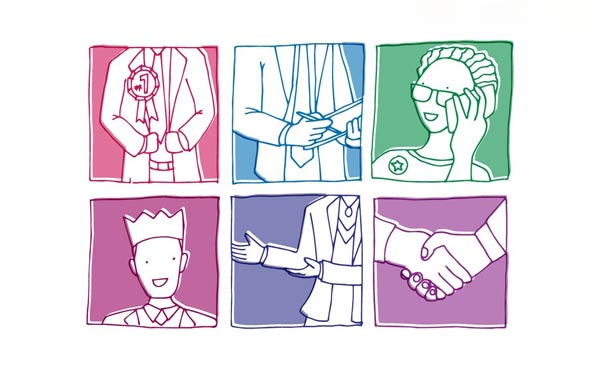
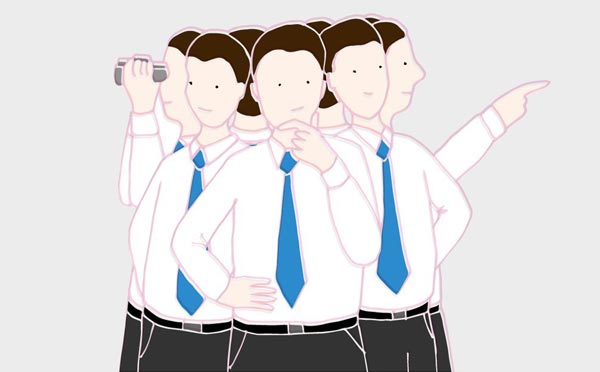
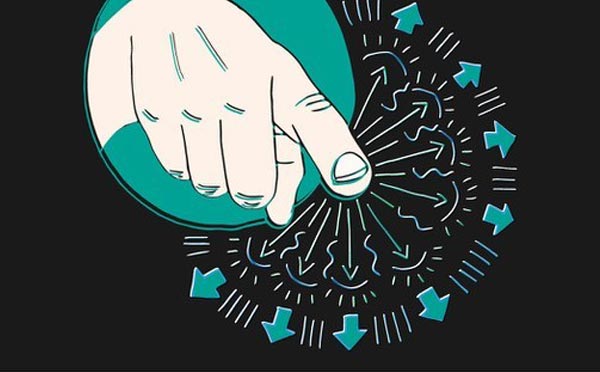


 In Leeds, you can have your own flat for that money, plus have money to spend on fun things and save. My colleagues all live in neighbourhoods they like, and feel that everything is within their grasp. Those that like the city life have their choice of restaurants, bars, cinemas, music venues, shops and stuff to do. We even have our version of Greenwich Village it’s called Chapel Allerton. Those that want a quieter life can live in the countryside, and yet Leeds city centre is just a 20-minute drive away.
In Leeds, you can have your own flat for that money, plus have money to spend on fun things and save. My colleagues all live in neighbourhoods they like, and feel that everything is within their grasp. Those that like the city life have their choice of restaurants, bars, cinemas, music venues, shops and stuff to do. We even have our version of Greenwich Village it’s called Chapel Allerton. Those that want a quieter life can live in the countryside, and yet Leeds city centre is just a 20-minute drive away.




